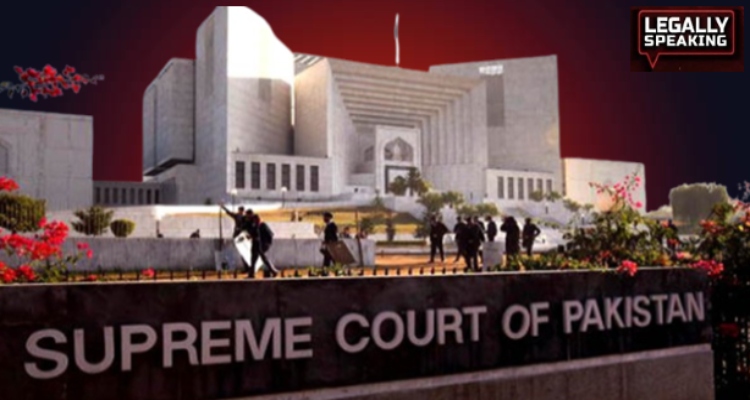
The Supreme Court of Pakistan strongly objected to the mistreatment of families of missing persons from Balochistan in Islamabad and directed the federal government to provide a written undertaking that, from now on, no one will be arrested “other than in accordance with the law.”
The undertaking is expected to be signed by senior officials of the relevant ministries. The court expressed its disapproval of such high-handed actions, emphasizing that the right to peaceful protest is a fundamental right that must be respected.
Last month, a group of protesters, predominantly women and children from Turbat district in Balochistan, arrived in Islamabad to protest against enforced disappearances in the province. However, Islamabad police cracked down on the protesters, leading to the arrest of dozens, a move criticized by civil society and political leaders. Subsequently, the authorities released the protesters following an order from the Islamabad High Court.
Referring to its previous order, the Supreme Court noted that every citizen and political party has the right to assemble and protest, provided it is peaceful and complies with the law’s reasonable restrictions in the interest of public order. The court specified that this right is limited to the extent that it infringes on the fundamental rights of others.
In the written order, the court outlined the information that the Commission of Inquiry on Enforced Disappearances must provide before the next hearing. This includes names, parentage, and addresses of the missing persons, details of the person reporting the disappearance, the date of the incident, and information about efforts to locate the missing persons. The commission is directed to submit this information electronically and in hard copy to the Attorney General for Pakistan within ten days.
The order also addressed the disappearance of a piece of legislation about enforced disappearances from the Senate Secretariat during the rule of the Pakistan Tehreek-e-Insaf (PTI) party. The court noted that the bill, moved by former Minister for Human Rights Shireen Mazari, had been passed by the National Assembly but went missing from the Senate during the term of the incumbent Senate Chairman Sadiq Sanjrani, who was elected by the votes of the same party.
The court acknowledged serious allegations against Sanjrani but highlighted that he has not been included as a party in the case. The court stated that unless the petitioner adds him as a party, addressing allegations against Sanjrani would not be appropriate.




